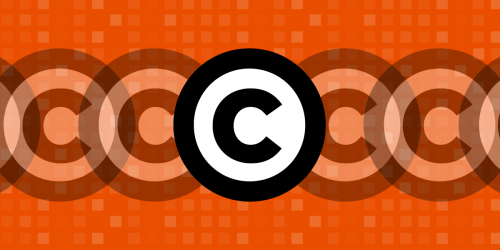Building on a prior ruling, a federal court has re-affirmed that a Seattle man was not infringing copyright law by re-selling software he obtained from an Autodesk customer.
The ruling is bound to frustrate the copyright industries, which have struggled for years to convince courts and their customers that the only thing you “buy" when you buy software is a limited and temporary right to use that software under certain conditions. In other words, they claim buyers aren't owners.
The distinction is no mere technicality. Under the Copyright Act, owners of copyrighted material are given substantial rights in the particular copies they purchase. One of the most important of these protections is the "first sale" doctrine, which says that once you've acquired a lawfully-made CD or book or DVD, you can lend, sell, or give it away without having to get permission from the copyright owner. Without the first sale doctrine, libraries would be illegal, as would used bookstores, used record stores, video rental shops, CD-swapping communities and so on. If those books, records, videos etc. were merely licensed, the seller could use the license to could force consumers to always buy new software, even if they would prefer to buy an older, possibly less expensive, version.
Autodesk would like to do just that, which is why it carefully polices secondary markets for its expensive AutoCad design software. After Autodesk repeatedly alleged that Timothy Vernor was violating copyright law by attempting to re-sell copies of AutoCAD software on eBay (which he had obtained from an Autodesk customer), Vernor asked a Washington federal court to declare that his activity was legal under the first sale doctrine. Autodesk predictably responded by insisting that AutoCAD is licensed, not sold, and therefore the first sale doctrine did not apply. The court ruled for Vernor. Autodesk then recruited an expert, put some additional facts on record, and effectively asked the court to reconsider its decision.
Autodesk’s arguments were no more successful the second time around. Judge Richard Jones found that while the sale was subject to numerous restrictions, it was nonetheless a sale, which means the customer had all the rights of an owner, and thus would not infringe AutoDesk’s copyright by re-selling the software. The court noted that while Autodesk imposed typical software industry contractual restrictions on use and transfer, its license agreement allowed the customer from whom Vernor bought the software to keep the copies forever, for a one-time fee. In other words, the transaction looked more like a book purchase (you pay your money, you get a copy to keep) than, say, a music subscription service.
Autodesk is likely to appeal, which means this case is headed to the Ninth Circuit Court of Appeals. The appellate court is already considering similar issues with two other cases: UMG v. Augusto (EFF represents Mr. Augusto, with Durie Tangri LLP) and MDY v. Blizzard. Let’s hope Ninth Circuit takes full advantage of this opportunity to protect the rights and expectations of consumers.








